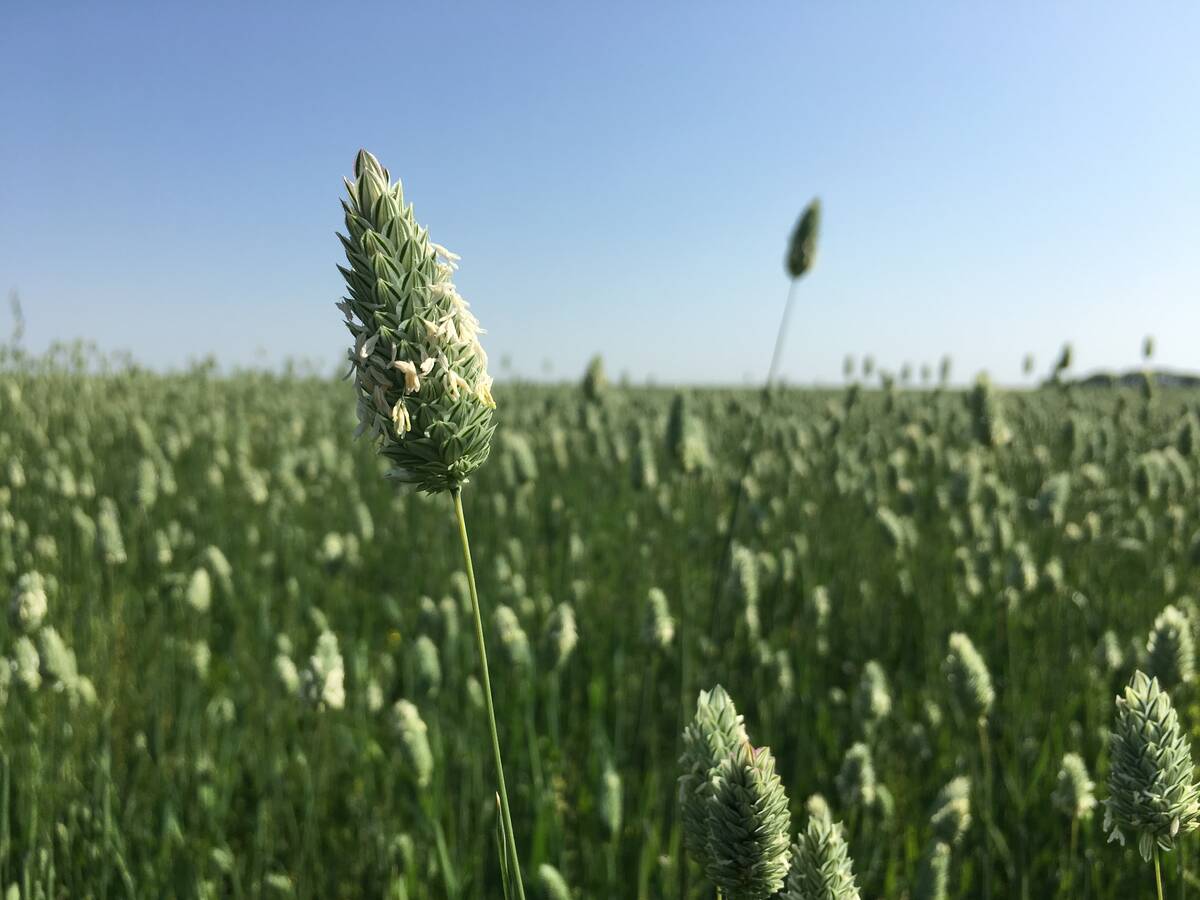In Canada, new GM crops must receive regulatory approval from the Canadian Food Inspection Agency to confirm that they can safely be used for food and animal feed production and pose no risk to the environment.Herbicide tolerant crops must receive additional approvals from the Pest Management Regulatory Agency before they can be sprayed.Crop developers must also apply to the CFIA’s variety registration office to register the new variety for commercial production in Canada.The CFIA does not assess the market impact of new crops, nor is it a condition of registration.Bill C-474, proposed by NDP member of parliament Alex Atamanenko, would change that by requiring a market impact assessment.The bill passed second reading earlier this year and could become law if it is endorsed by the agriculture committee and supported in the House of Commons and Senate.In the case of Triffid flax, a GM variety developed in the mid-1990s, the crop went through all the proper regulatory channels and was registered for commercial production in Canada.Triffid seed was multiplied and distributed to 65 to 70 seed growers in Western Canada and was about to go into widespread commercial production when the Canadian flax industry slammed on the brakes, fearing potential market damage.The Canadian Seed Growers Association orchestrated a national recall of all Triffid seed in 1998 but 11 years later, traces showed up in a shipment of Canadian flax bound for Europe.In Canada, those who support a more regulated approach to the development and release of GM crops, including Atamanenko, point to Triffid flax as an example of why Bill C-474 is needed.However, supporters are also concerned about other avenues in which genetic contamination could occur.In the United States, a case involving Bayer CropScience proved that GM contamination can occur before a crop is registered and grown commercially.In that case, Bayer is facing multiple lawsuits from U.S. farmers who claim the discovery of the company’s unregistered GM rice variety in American rice supplies lowered prices and disrupted exports to Europe and Asia.The farmers claim that Bayer, the developer of the leaked variety, was negligent when handling the herbicide tolerant crop. Last month, a jury in Arkansas ordered Bayer to pay $48 million US in compensatory and punitive damages to 14 rice farmers in the state.Bayer has vowed to use all legal means to overturn the ruling. Other similar lawsuits against the company are working their way through the U.S. legal system.
Read Also

No special crop fireworks expected
farmers should not expect fireworks in the special crops market due to ample supplies.















